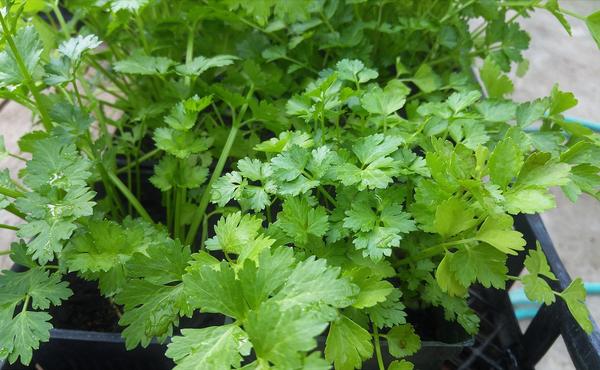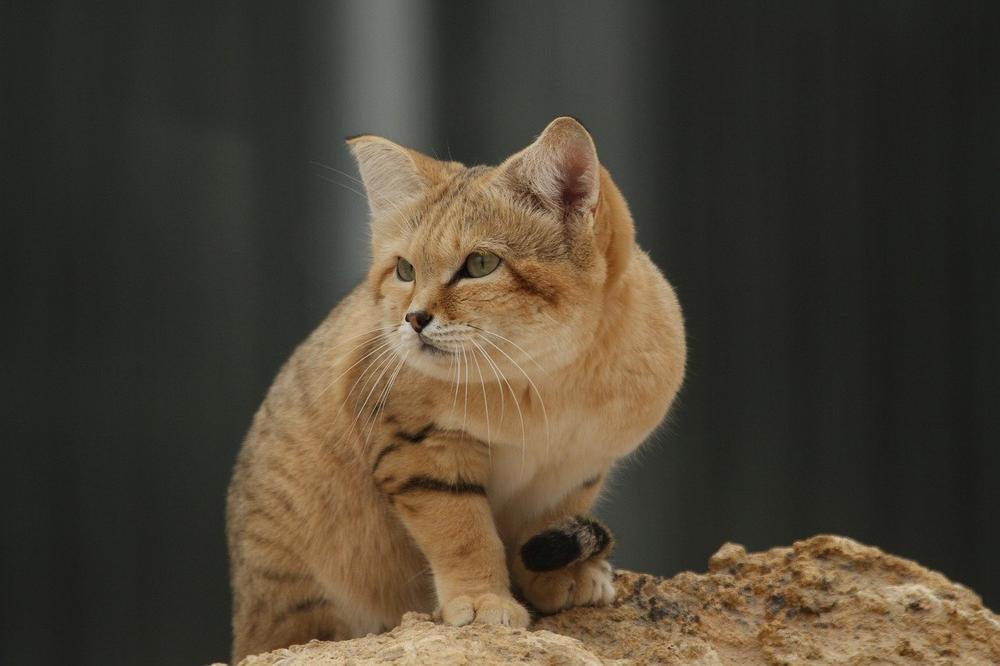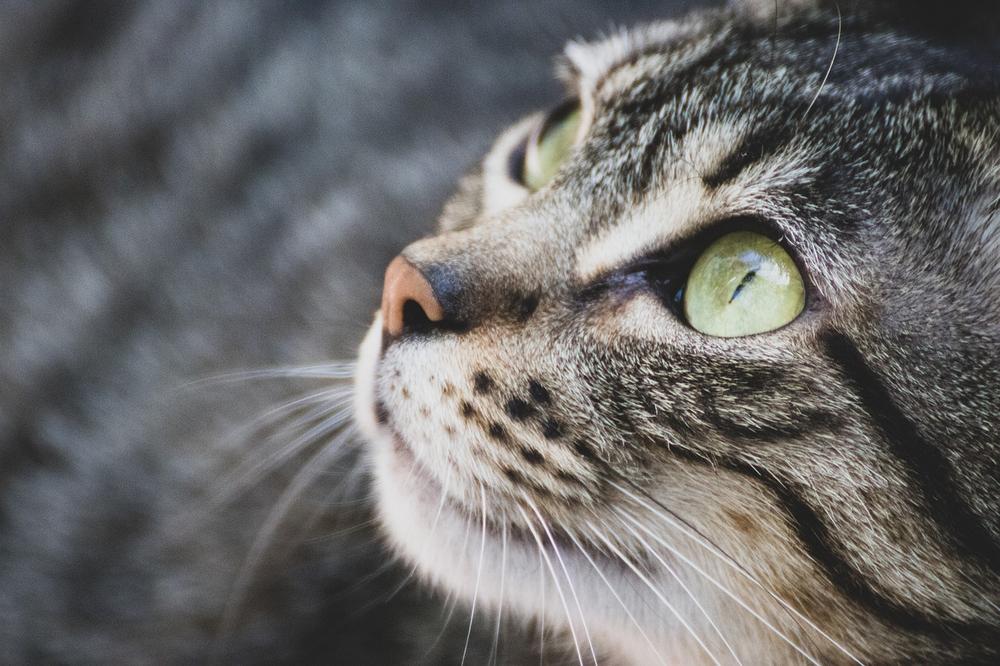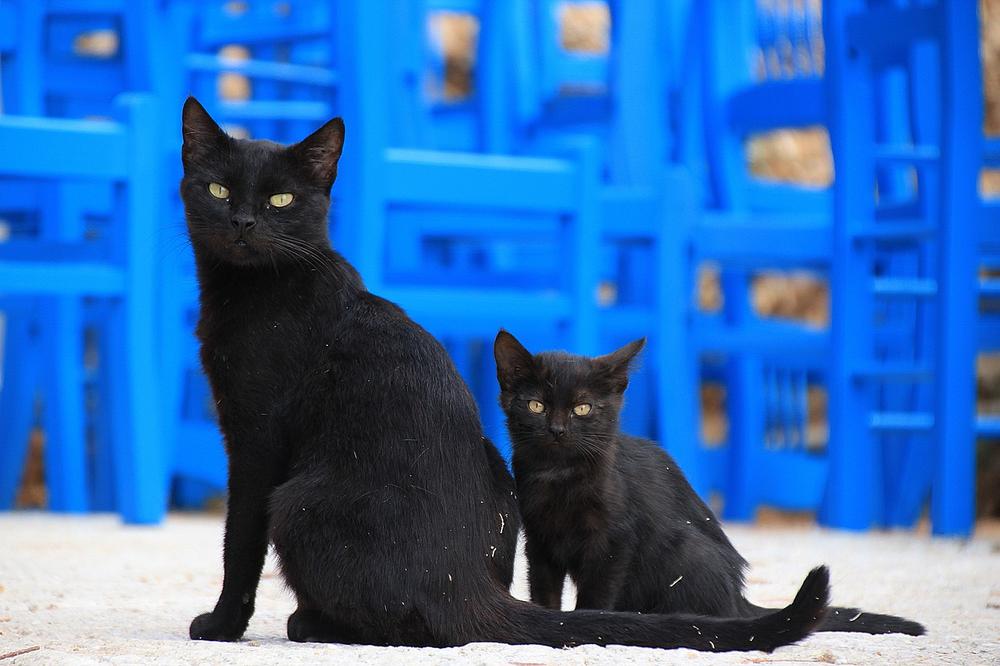Can Cats Eat CILANTRO? Everything You Need to Know

Step right up, folks.
Ready for a wild ride into the world of feline nutrition?
Feeling a bit cautious about what you're feeding your furball? 😺
Imagine this:
You're happily sprinkling cilantro onto your meal, only to be haunted by one unsettling question...is cilantro toxic for cats?
Well, my dear reader, fret no more.
Let's embark on this journey together and find out the truth, shall we?
Let's unravel the mystery and separate fact from fiction.
Ready?
Let's dive in!
Can Cats Eat Cilantro?
Cats can safely eat cilantro, but it's best to introduce it slowly. While not all cats are fond of it, some may enjoy nibbling or licking it. Cilantro has no specific health benefits for cats, but it won't cause harm either.
Cats can munch on cilantro, but start slow with small bites.
Coriander, aka cilantro or Chinese parsley, is fine for cats and won't cause harm.
But each cat reacts differently, so keep a close watch when they sample cilantro for the first time.
Most cats aren't big fans of herbs like cilantro, but some might enjoy nibbling or licking it.
Who knew?
Just a bit of cilantro will show how your cat's digestion handles it.

No need to go crazy – a taste test will do.
Cilantro serves a purpose in your cat's diet, though it doesn't offer specific health benefits.
Rest assured, it won't harm them either!
Have cats?
Have cilantro?
No worries!
Main points I'll expand upon further down this article:
- Eating cilantro is unlikely to harm cats.
- Cats should avoid foods with spices or condiments like garlic, onion, salt, pepper, and other seasonings.
- Large amounts of cilantro can cause health complications in cats such as arrhythmia or digestive distress.
- Cats may have allergies or intolerances to cilantro, so monitor them for signs of a reaction.
- Excessive consumption of cilantro can result in stomach discomfort, vomiting, and diarrhea.
- Organic cilantro is recommended to avoid potential exposure to harmful pesticides and weed killers.
- Both dried and fresh cilantro are safe for cats to consume, but the seeds may be harder to digest.
- Cilantro has some benefits for cats but they won't benefit as much as humans do.
- Kittens and pregnant cats have specific nutritional needs and should stick to their prescribed diet.
- Choose high-quality cat food with real meat, avoid certain human foods, and adjust feeding quantity based on age, size, and activity level to prevent health issues.
But here's the surprising thing...
While cilantro is safe for cats, there are other herbs that can pose a significant risk to their health.
So, if you're a cat owner who enjoys adding flavor to your meals with herbs, you'll definitely want to keep reading to find out which ones to avoid...
Cilantro Toxicity in Pets
Cilantro won't harm your cat, no matter how small the quantity.

It's safe for feline consumption and doesn't pose any significant poisoning risk.
Whether cats lick it or have a taste, cilantro is unlikely to cause harm.
So feel free to serve up some cilantro without worry when it comes to your feline friend.
Possible Health Problems From Cilantro for Cats
Cats and cilantro can be a tricky mix.
Here's what you need to know:
- Eating too much cilantro can cause problems like wonky heartbeat or tummy troubles for your cat.
- Keep an eye out for signs of allergies, like itchy skin or upset stomach. Some cats might not jive with cilantro or its stuff.
- Remember, spices and seasonings are a no-no for cats. That means things like garlic, onion, salt, pepper, and the rest.
- If your cat gets belly issues like bloating, runny poop, barfing, or drying out from eating cilantro, watch them closely and maybe call the vet.
- Too much cilantro can give your cat an upset tummy, make them puke, and send them running for the litter box. But it shouldn't kill them.
- Eating lots of plant-based stuff and carbs, like cilantro, isn't great for cats. It can mess up their digestion, give them gas, upset their stomach, stress their pancreas, and maybe pack on the pounds.
So, be careful when giving cilantro to your furry buddy. 🐱

And if you're wondering about other potential risks for your feline friend, I can help.
In my article Is Sorbitol Safe for Cats, I delve into the topic of whether sorbitol is a safe option for your pet.
It's always important to stay informed and make decisions based on what's best for your furry companion.
Safe Types of Cilantro for Cats
Both dried and fresh cilantro are safe for cats to consume without any adverse effects. 😺
However, you must note that cilantro can potentially be exposed to harmful pesticides and weed killers.
To ensure the safety of your cat, it is recommended to feed them organic cilantro to avoid potential carcinogens.
In addition to that, while both dried and fresh cilantro are safe for cats to consume, the seeds may be harder for cats to digest.
So, it's best to stick with just the leaves and stems when feeding cilantro to your furry friend.
Here's a quick list of safe types of cilantro for cats:
- Dried cilantro
- Fresh cilantro (leaves and stems)
- Organic cilantro (to minimize exposure to harmful substances)
With these options, you can safely incorporate cilantro into your cat's diet without worrying about any negative health effects.
And now, let's explore whether the nutritional benefits of cilantro can truly make a significant impact on your cat's health and well-being.
Benefits of Cilantro for Cats
Cats don't get the exact same benefits from cilantro as you do, but there are still some good things to think about:
- Makes their skin healthier - Cilantro has stuff in it that can make your cat's coat shinier and more vibrant.
- Boosts their immune system - The vitamins in cilantro can make your cat's immune system stronger and help them fight off sickness.
- Keeps their bones and joints healthy- The minerals in cilantro can help older cats or cats with arthritis keep their bones and joints strong.
- Gives them a little extra nutrition - Cats don't really need veggies like humans do, but a bit of cilantro can give them some extra vitamins and minerals.
- Can be an occasional treat - Cats like trying new tastes, so you can give them some cilantro every now and then to mix things up.
Just don't give your cat too much cilantro because it might upset their tummy.
And always talk to your vet before giving your cat any new food.
But while cilantro may offer some benefits for cats, you should remember that they have specific dietary needs.
So, what should you consider when it comes to feeding your feline friend?
Proper Diet and Nutrition for Cats
For your cat's good health, you need to provide them with the right diet.
Here's what you need to know:
- Cats are obligate carnivores, meaning they need a diet high in fats and protein. Plants aren't necessary for their nutrition.
- Kittens and pregnant cats have specific dietary needs that must be met. Make sure they get the right nutrients in the right amounts.
- Certain human foods like onion, garlic, chocolate, and coffee can be harmful to cats. Avoid giving them these.
- Herbs like cilantro can be helpful in small quantities but shouldn't replace regular food. Monitor their intake to avoid complications.
- When choosing cat food, go for high-quality options with real meat as the main ingredient. Avoid synthetic preservatives, fillers, artificial colors and flavors, and unnecessary fruits and vegetables.
- Commercial cat foods come in different types, so read labels carefully and consult a vet to ensure a balanced diet.
- Adjust feeding quantity based on your cat's age, size, and activity level. This prevents problems like obesity and other health issues.
By adhering to these suggestions, you will ensure your cat receives the necessary nutrients to lead a content and nourishing existence.
And that wraps up today's article.
If you wish to read more of my useful articles, I recommend you check out some of these: Is Peperomia Safe for Cats, Can Cats Eat Asparagus, Can Cats Eat Arugula, Can Cats Eat Spinach, and Is Lemongrass Safe for Cats
Talk soon,
-Sarah Davis